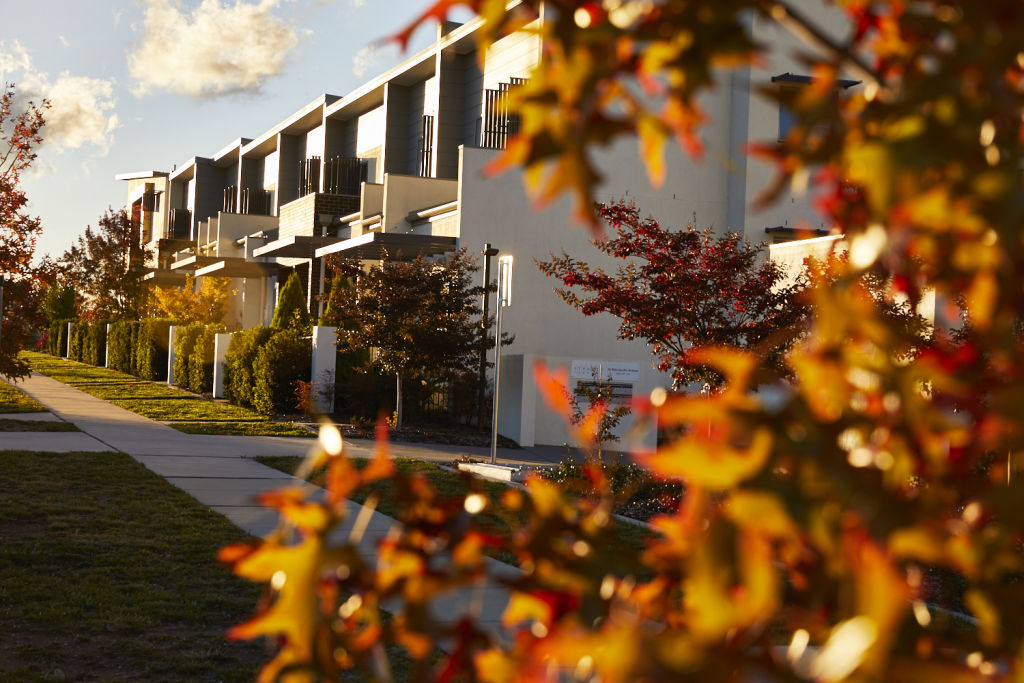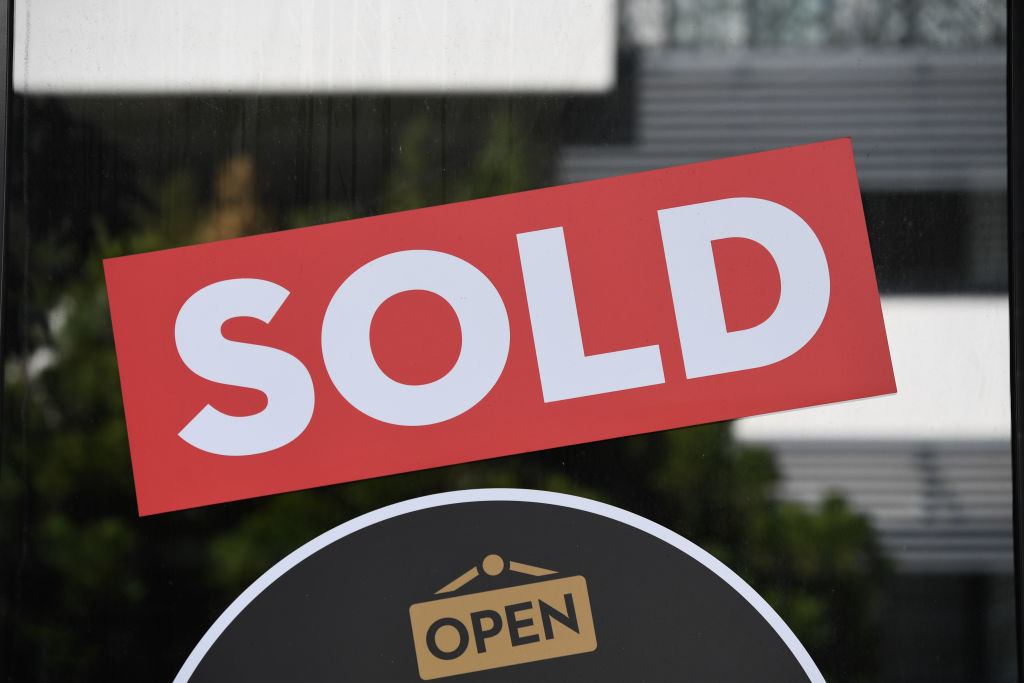ACT the only state or territory in the nation to see a decline in housing and rental affordability: REIA report

While housing and rental affordability has improved across the country, the ACT has recorded a decline in both, according to a new report.
The Real Estate Institute of Australia’s latest Housing Affordability Report, released on Wednesday, found that the ACT’s housing affordability dropped in the June quarter with the proportion of income required to meet home loan repayments increasing to 22.3 per cent.
This was an increase of 1.1 percentage points over the quarter and an increase of 0.1 percentage points compared to the same period a year ago.
Housing affordability change across the country
| State | The proportion of income required to meet loan repayments | Quarterly percentage point change | Annual percentage point change |
| New South Wales | 42.3% | -0.2 | 2.4 |
| Victoria | 36.8% | -0.7 | 2 |
| Queensland | 29.7% | -0.7 | -0.8 |
| South Australia | 27.6% | -0.3 | -0.3 |
| Western Australia | 24% | -1 | -0.7 |
| Tasmania | 29% | -0.6 | 1.7 |
| Northern Territory | 20.4% | 0.2 | -2.9 |
| Australian Capital Territory | 22.3% | 1.1 | 0.1 |
As for rental affordability in the ACT, it also declined in the June quarter with the proportion of income required to meet the median rent increasing to 19.2 per cent, up 0.2 percentage points over the quarter and up 0.3 percentage points compared to the June quarter 2019.
This is in line with the Domain House Price and Rental Reports for the June quarter, which showed the capital continuing to buck the downward trend seen in other capital cities with house prices increasing in the June quarter and house rents remaining the most expensive in the country.
Rental affordability change across the country
| State | The proportion of income required to meet rent repayment | Quarterly percentage point change | Annual percentage point change |
| New South Wales | 27.5% | 0 | -0.5 |
| Victoria | 22.5% | -0.5 | -0.5 |
| Queensland | 21.5% | -0.5 | -0.4 |
| South Australia | 21.5% | -1 | -0.5 |
| Western Australia | 16.1% | -0.5 | -0.3 |
| Tasmania | 28.5% | -2 | -1.4 |
| Northern Territory | 20.2% | -0.4 | 0 |
| Australian Capital Territory | 19.2% | 0.2 | 0.3 |
“The ACT property market operates a little differently to most of the other states at the moment and that’s simply because the city is supported by the high public sector workforce which has seen very minimal job losses,” said REIA president Adrian Kelly.
“As opposed to other cities that rely on tourism and hospitality, the ACT hasn’t had the same level of disruption to the economy.”
Other figures from the report showed the number of first-home buyers in the capital increased by 10.4 per cent over the quarter to 677, the biggest quarterly increase in the nation. This was up 65.9 per cent compared to the same period a year ago.
Of all first-home buyers in the country, 2.5 per cent were from the ACT, while the proportion of first-home buyers in Canberra’s owner-occupier market was 33 per cent.
“The large percentage of first-home buyers in Canberra tells a different story to other states. It shows that there are still buyers in the capital and that just shows the strong employment in the city,” Mr Kelly said.

The average loan for first-home buyers decreased to $445,495, down 0.2 per cent over the quarter but was an increase of 20.1 per cent compared to the same period a year ago, the report showed.
Other data from the report recorded the number of loans in the capital increased to 2051, up of 8.9 per cent over the quarter and an increase of 13.4 per cent compared to the June quarter 2019.
The average loan size also increased to $494,490, a 7.9 per cent jump from the previous quarter and an increase of 11.5 per cent compared to the June quarter 2019.
“I think ACT’s property value will likely hold quite well because there is quite low stock on the market at the moment, which is seen in other cities but is more pronounced in the ACT,” Mr Kelly said.
“And the same thing for rental prices. While other states have seen many tenants vacate properties because loss of employment or short-term rentals changing to long-term rentals, we’re not seeing that in Canberra.”
Rent and house prices won’t be coming down anytime soon in the capital, Mr Kelly added.
“The Canberra bubble will remain as a bubble,” he said.
We recommend
We thought you might like
States
Capital Cities
Capital Cities - Rentals
Popular Areas
Allhomes
More









